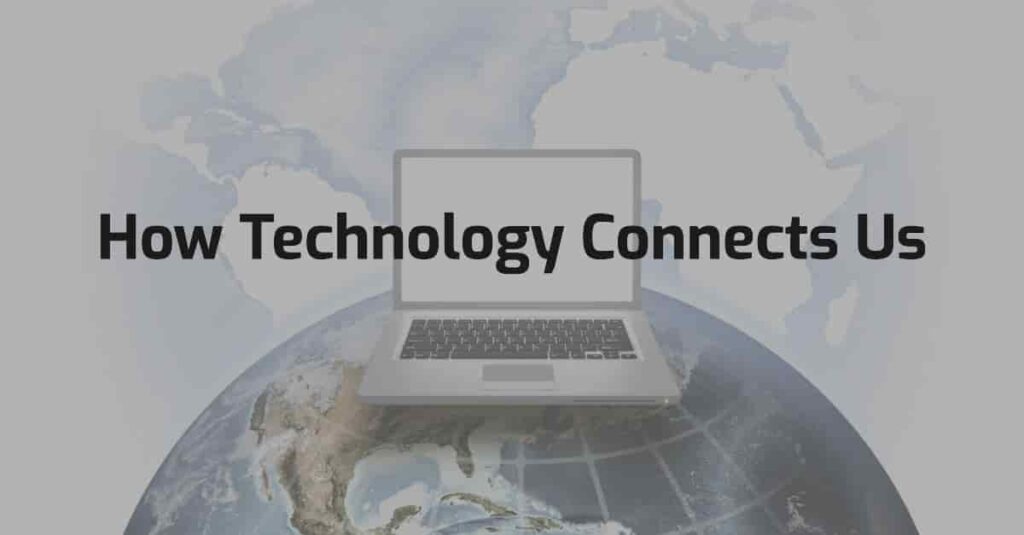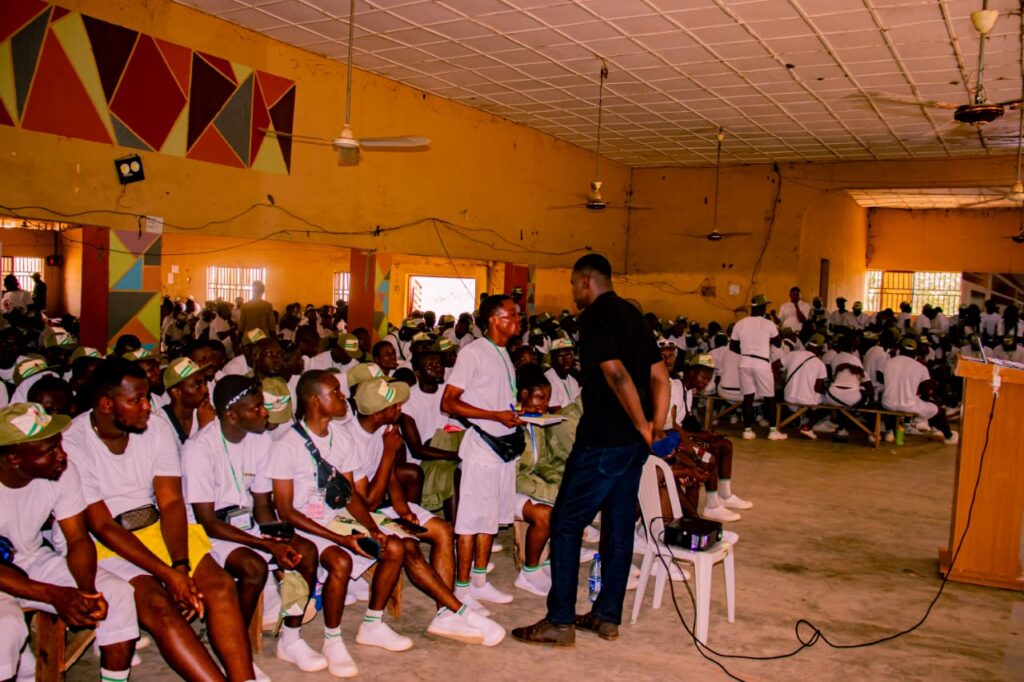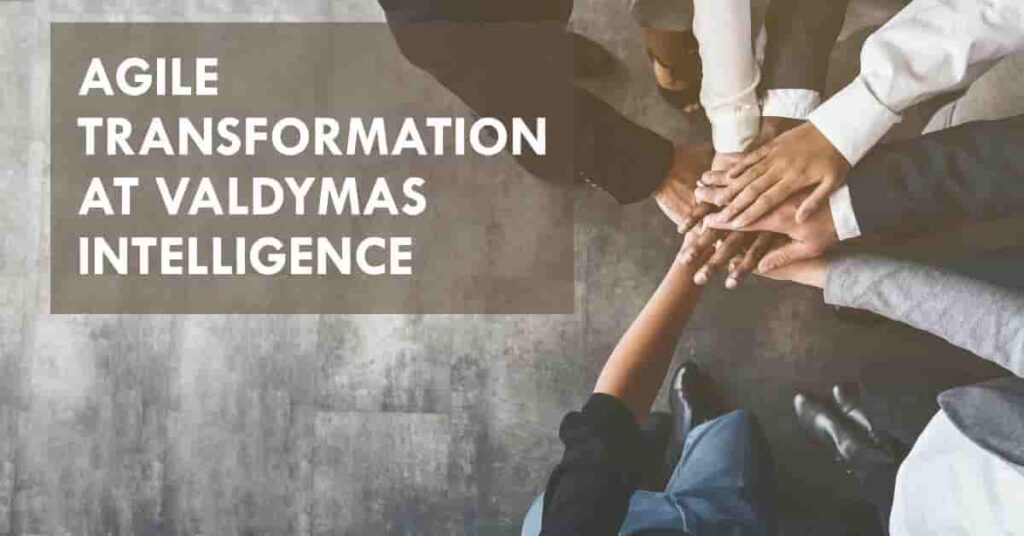The Digital Learning Revolution: How Technology is Reshaping Nigerian Education

If you’ve used digital platforms for JAMB preparation, you’re already part of Nigeria’s educational technology revolution. These platforms didn’t just digitize past questions – they fundamentally changed how students approach learning. Instead of hoarding photocopied materials or camping in libraries, students now access comprehensive resources from their phones.
The Infrastructure Paradox: Innovation Within Constraints
Nigerian educational technology faces a unique paradox. While Silicon Valley edtech companies worry about user engagement metrics, Nigerian students are solving fundamental access problems with remarkable creativity.
Consider how data constraints shaped learning habits. Students learned to download educational content during free browsing periods, share files via Bluetooth networks, and create offline study groups that function independently of internet connectivity. This scarcity-driven innovation has produced learning strategies that are often more resilient than their well-funded international counterparts.
The psychological impact runs deeper than mere adaptation. When you’ve learned to maximize limited resources – whether data, electricity, or device access – you develop what psychologists call “cognitive flexibility.” This mental agility becomes a competitive advantage in university environments and beyond.
AN ADDITIONAL STRATEGIES YOU CAN MAKE USE ARE LISTED BELOW;
- Diversify Your Investments: Spread your retirementsavings across different asset classes, such as stocks, bonds, and real estate.
- Plan for Healthcare Costs: Consider investing in health savings accounts (HSAs) or long-term care insurance.
- Develop a Succession Plan: Prepare for the future of your business by identifying potential successors and creating a transition plan.
- Seek Professional Guidance: Consult with a financial advisor or retirement specialist to create a personalized retirement plan.
Economic Psychology of Educational Technology
Understanding the economic context reveals deeper psychological patterns in how Nigerian students approach educational technology. When investing in data or educational apps requires careful budgeting, every learning decision carries economic weight. This constraint creates what behavioral economists call “heightened decision awareness” – students become more intentional about their learning choices.
The result is often superior learning efficiency. When every YouTube video or online course represents a meaningful financial investment, students develop better content evaluation skills and more focused learning behaviors than peers with unlimited access.
The Cognitive Benefits of Resource Optimization
Nigerian students’ experience with educational technology constraints has produced several cognitive advantages:
Enhanced Information Processing: Learning to quickly identify valuable content within limited time or data constraints develops superior information filtering skills.
Collaborative Intelligence: Necessity has driven the development of sophisticated peer learning networks that leverage collective knowledge effectively.
Adaptive Problem-Solving: Regularly working around technological limitations builds mental flexibility and creative problem-solving abilities.
Resource Mindfulness: Understanding the true cost of educational resources creates more intentional and sustainable learning habits.
Looking Forward: The Post-Graduation Landscape
As you transition from secondary school to university or enter the workforce, these technology-mediated learning skills become increasingly valuable. Employers and graduate programs recognize that students who’ve navigated Nigeria’s educational technology landscape bring unique competencies:
The ability to learn effectively with limited resources, synthesize information from multiple digital sources, collaborate across technological barriers, and maintain motivation in challenging technological environments.
The Ethical Dimension: Technology as Equalizer or Divider?
Educational technology in Nigeria raises important ethical questions about access and equality. While digital platforms can democratize education, they can also amplify existing inequalities. Students with better devices, reliable electricity, and faster internet connections gain advantages that compound over time.
This creates moral complexity for individual students and systemic challenges for educational institutions. How do we harness technology’s democratizing potential while addressing its capacity to deepen educational divides?



